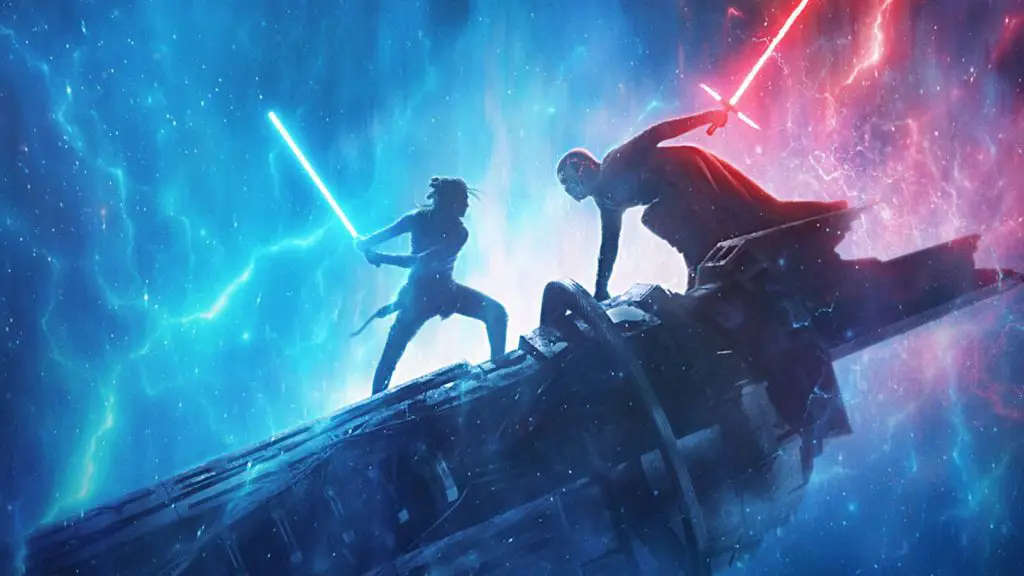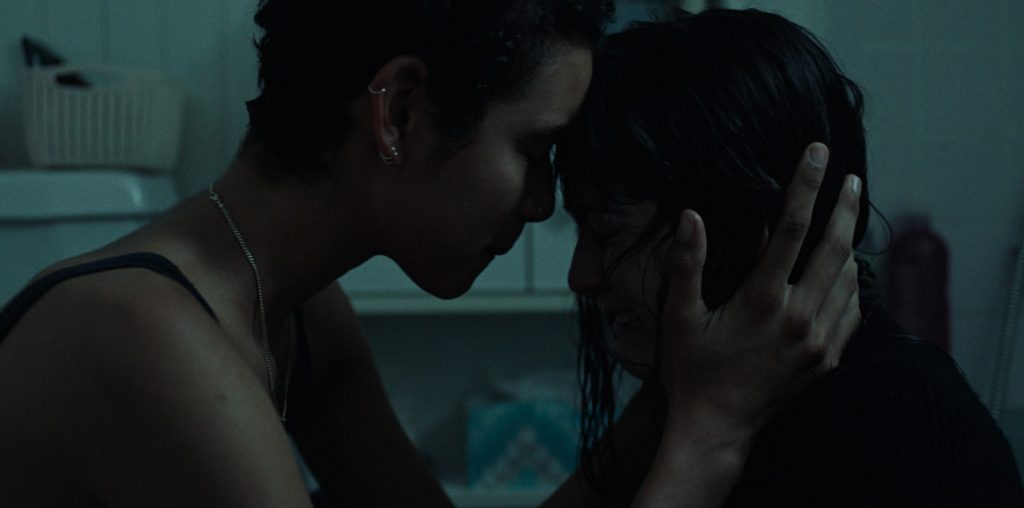
BOOTLEG FILES 442: “Tag der Freiheit – Unsere Wehrmacht” (1935 propaganda short directed by Leni Riefenstahl).
LAST SEEN: An unauthorized posting is on YouTube.
AMERICAN HOME VIDEO: It has been presented by several public domain labels, and as a special feature on the Synapse Films DVD release of “Triumph of the Will.”
REASON FOR BOOTLEG STATUS: Hey, it’s a film by everyone’s favorite Nazi-loving lady filmmaker.
CHANCES OF SEEING A COMMERCIAL DVD RELEASE: Nein.
When Leni Riefenstahl’s propaganda production “Triumph of the Will” premiered in Nazi Germany in 1934, everyone was impressed by its content – everyone, it seems, except the generals in the Wehrmacht, who felt that they were goose-stepped out of camera range. In an attempt to placate his uniformed divas, Hitler asked Riefenstahl to make a follow-up film that would highlight the army.
Riefenstahl was not particularly enthused about the project, but Hitler was not the type of guy who would take no for an answer. Reluctantly, she assembled a small camera crew and set out to film a 1935 rally in Nuremberg that glorified the Nazi army and its growing collection of weapons.
The resulting film was called “Tag der Freiheit – Unsere Wehrmacht” (“Day of Freedom – Our Armed Forces”), although it could have easily been dubbed “Triumph of the Will – Lite Version.” Although this production features some of the cinematic characteristics of Riefenstahl’s 1934 landmark – there are plenty of tilted angle shots and silhouettes of Nazis against cloudy skies – the director’s lack of enthusiasm is obvious in the slovenly editing and dismal pacing. Yet despite its poor artistic value, its content offered a disturbing preview of what would befall the European continent.
“Tag der Freiheit – Unsere Wehrmacht” opens at an army barracks on a crisp morning. Shirtless young soldiers brush their teeth and shave while grinning at each other. Everyone is pale and trim – no one looks like Sgt. Schultz from “Hogan’s Heroes.” An army cook boils up vats of porridge, and everyone stands on line for a bowl of lumpy breakfast. While this takes place, weird music that sounds like it came from a carnival carousel plays on the soundtrack. Unexpectedly, a battalion of horse cavalry troops appears on camera while the unmistakable sounds of sliced coconuts being slapped together filters across the soundtrack in a dismal attempt at simulating the sound of equine hoofs on pavement.
The film then switches to the site of a Nuremberg rally. Hitler appears roughly six minutes into the film and delivers a rambling speech to the soldiers in the audience. The speech is not subtitled, which is a shame because the English translation (which I located online) offers evidence of Hitler’s mania with going to war.
“You, comrades, carry in your weapons and on your helmets an unprecedented inheritance,” Hitler ranted. “You are not an artificially created being, someone devoid of tradition, which has no past. Whatever exists in the German citizens takes a back seat to the tradition of what you must embody in that tradition. When you stand here, armed with steel and iron, it is because we consider it necessary to rebuild the honor of the German people. To the extent that this honor has been in the hands of our soldiers, no one in this world has ever managed to take it from us. You are not required to earn further fame and glory for the army. That has happened already. You have only to maintain it. Then the German people will love you, then this German people will believe it’s maintained and the education of the German people will be assured.”
For the most part, Riefenstahl keeps her camera in a stationary position while Hitler speaks. There are a few cutaway scenes to the audience, and the film’s one unintentionally funny moment involves a pair of horses looking up and listening to Der Fuhrer’s pep talk.
Next comes a military parade of Germany’s fighting men. Some of the parade is a bit dubious – a brigade of marching soldiers is far from synchronized marching perfection, while a military cavalry band (complete with a tuba player and drummer) try to simultaneously ride their horses while playing their instruments. The remainder of the film is a shapeless war games exercise, with soldiers running all over a field and tanks spraying blanks into the air. The film ends with the German air force creating a swastika formation in the air.
Although the war games section of “Tag der Freiheit – Unsere Wehrmacht” looks like a disorganized piece of filmmaking, it nonetheless presented a preview of Hitler’s success in quickly rebuilding the German military machine. The display of tanks, cannons, military aircraft and soldiers was clearly not an academic exercise – and within four years of the film’s production, World War II was destroying Europe.
However, very few people outside of Germany ever saw the on-screen warnings of “Tag der Freiheit – Unsere Wehrmacht.” The finished film ran slightly under a half-hour, and there was no international theatrical market for this offering. In 1937, a truncated version minus the Hitler speech was circulated abroad. However, “Tag der Freiheit – Unsere Wehrmacht” made no impression outside of Germany, and there is no evidence that it ever played in U.S. theaters. Prints of the film vanished during World War II (the visible presence of Rudolph Hess at Hitler’s side obviously put the work out of official Nazi favor), and it was considered a lost film after the war was over. A nitrate print of the truncated version surfaced in the U.S. in the 1970s, while the complete film including the Hitler speech was later recovered in a private German collection.
“Tag der Freiheit – Unsere Wehrmacht” has turned up over the years on labels that specialize in public domain titles – which is amusing, since the film is not a public domain title. (The same thing has happened for years with Riefenstahl’s better-known “Triumph of the Will” and “Olympia.”) In 2001, “Tag der Freiheit – Unsere Wehrmacht” was included as a special feature on Synapse Films’ DVD release of “Triumph of the Will.” Today, the full film can easily be found on YouTube and other video websites.
“Tag der Freiheit – Unsere Wehrmacht” is a dreary blip in Riefenstahl’s controversial career, and its contemporary value derives solely from providing additional evidence of the vanity and insanity that fueled the Nazi war machine. But, then again, did anyone really need more confirmation of that tragic fact?
IMPORTANT NOTICE: The unauthorized duplication and distribution of copyright-protected material, either for crass commercial purposes or profit-free s***s and giggles, is not something that the entertainment industry appreciates. On occasion, law enforcement personnel boost their arrest quotas by collaring cheery cinephiles engaged in such activities. So if you are going to copy and distribute bootleg material, a word to the wise: don’t get caught. Oddly, the purchase and ownership of bootleg DVDs is perfectly legal. Go figure!

